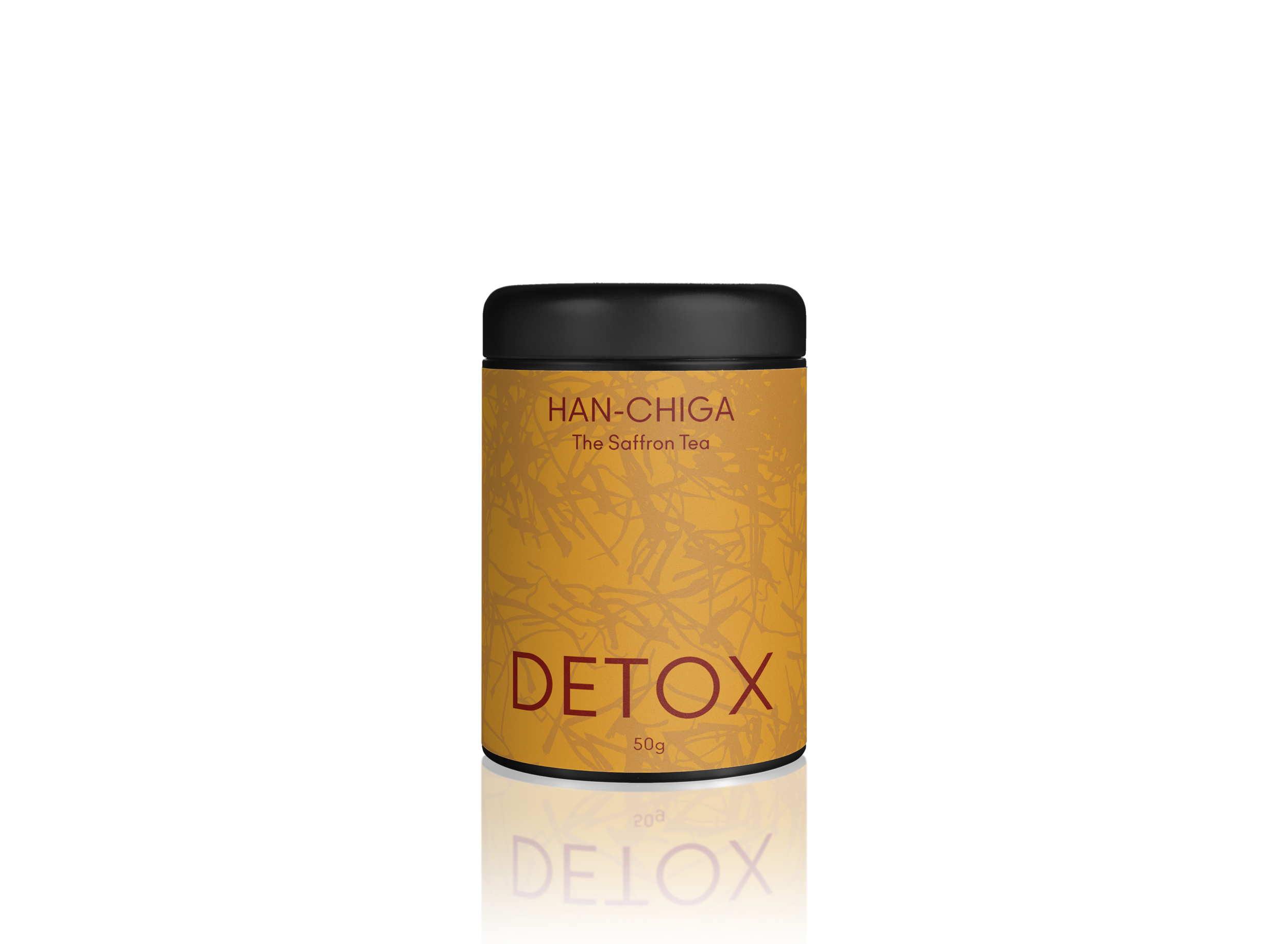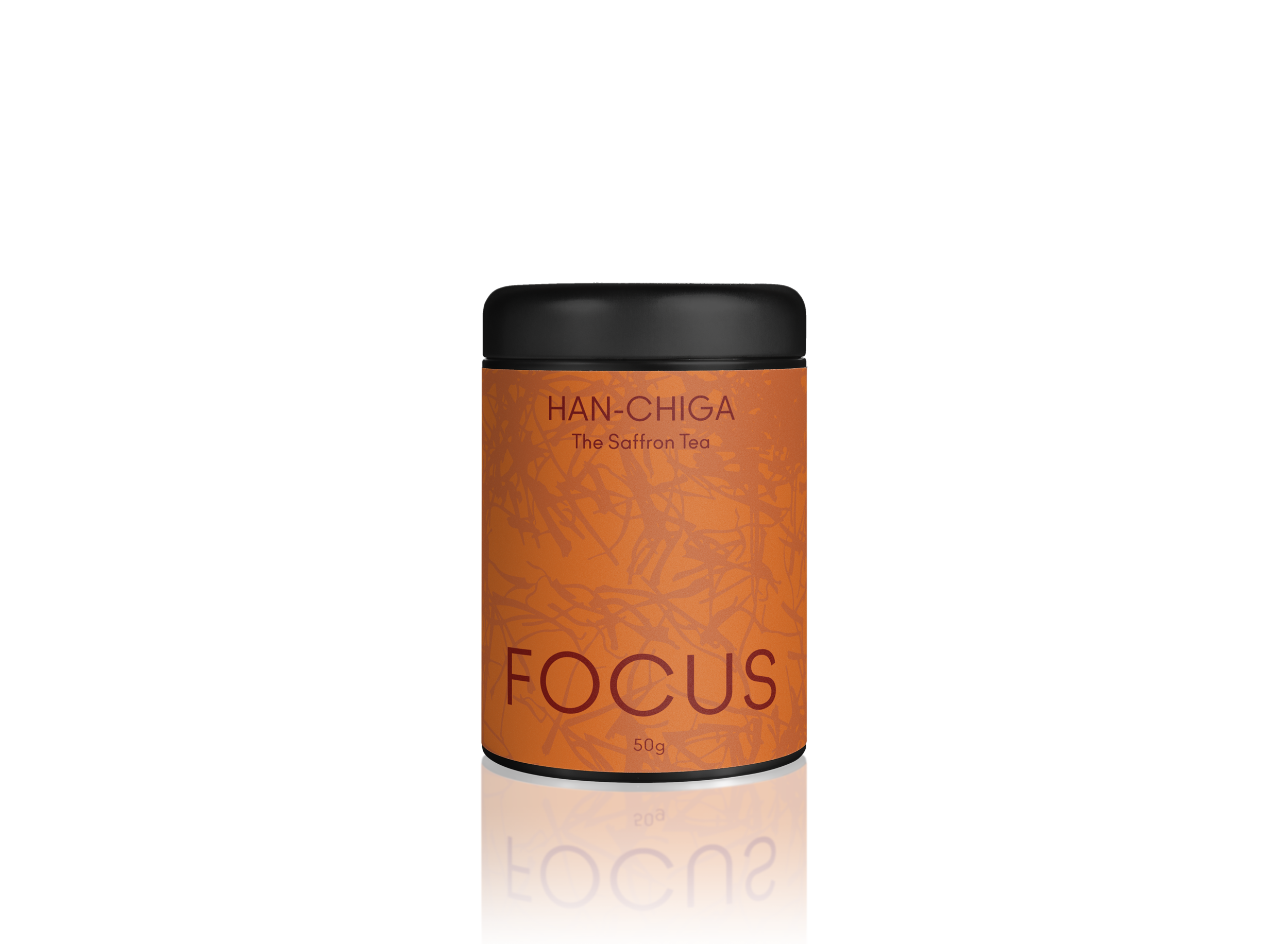5 Things You Need To Know About Saffron

Saffron, otherwise known as ‘Kesar’ in Hindi, is a prized condiment, and by far the most expensive spice in the world. Renowned all over the world for its culinary and medicinal characteristics, Saffron's distinct flavour comes from the chemical compounds in it, plcrocrocin and safranal. What we know as saffron is the dried orange - yellow coloured threads of the flower crocus sativus, and it is native to Southern Europe.
Saffron is rich in carotenoids that help immunity, with active derivatives crocin and crocetin showing strong antioxidant and radical scavenging virtues. Did you know it takes 150 saffron blossoms to make a single gram of market-ready saffron?! Read on to learn more about its health benefits.
May Enhance Immunity
Regular intake of saffron may help improve immunity as they are rich in carotenoids, a type of antioxidant which affects the body’s immune response. It is chock-full with B vitamins and Vitamin C which are vital for a healthy functioning immune system. Saffron also contains anti-inflammatory and anti-fungal properties.
May Reduce Cancer Risk
Crocins, a natural carotenoid compound found in saffron, may protect nerve cells from free radical damage and promote nerve regeneration. Carotenoids are filled with antioxidants which help neutralise free radicals and protect the human body from oxidant-induced stress, cancers, infections and acts as immune modulators. They also promote learning, memory retention and may be useful in the treatment and management of age related mental impairment.
Contains Antidepressant Properties
Saffron is known for curing mild to moderate depression. Researchers say it has antidepressant properties and that a dietary intake of 30mg of Saffron has the same efficacy as standard treatment for major depression such as Fluoxetine. Ingesting sufficient amounts of saffron brings feelings of happiness and joy. Saffron oil aids in the stimulation of serotonin within the body to help improve moods, decrease stress and the treatment of depression. It is also a natural sleep inducer and aids in combating insomnia together with the management of Alzheimer’s.
Chock-Full Of Minerals
Saffron is a good source of magnesium, selenium, calcium, zinc and phosphorus. Saffrons high manganese content can help regulate blood sugar levels, metabolise carbohydrates and absorb calcium. Minerals are important for muscle relaxation, memory, building of new cells, healthy heart function and much more.
May Offer Relief From Menstrual Symptoms
Saffron helps maintain normal hormone levels in women who have irregular periods. Saffron tea can help regulate and induce menstruation as well as relieve pain or discomfort from periods. Along with menstrual relief saffron may help reduce chronic uterus bleeding. A study found that simply smelling saffron for 20 minutes helped to reduce PMS symptoms, such as headaches, stomach ache, cravings and anxiety.
Saffron's distinct flavour comes from the chemical compounds in it, plcrocrocin and safranal. Cooking with saffron regularly has shown signs of improved memory, relieved muscle pain and pain from kidney stones and increased blood circulation. Saffron tea is helpful with cleansing the body from harmful toxins and substances. Saffron oil is a popular method for the usage of saffron to treat hair loss, respiratory issues, enhanced sexual health, acne, mental health, beauty and wounds and scars. It is sold in both powered form and whole threads and it is best to buy the threads as they retain their flavour and are more powerful. The best way to draw out the unique flavour of saffron is to soak the threads in hot water.
Check out our favourite saffron tea below!



